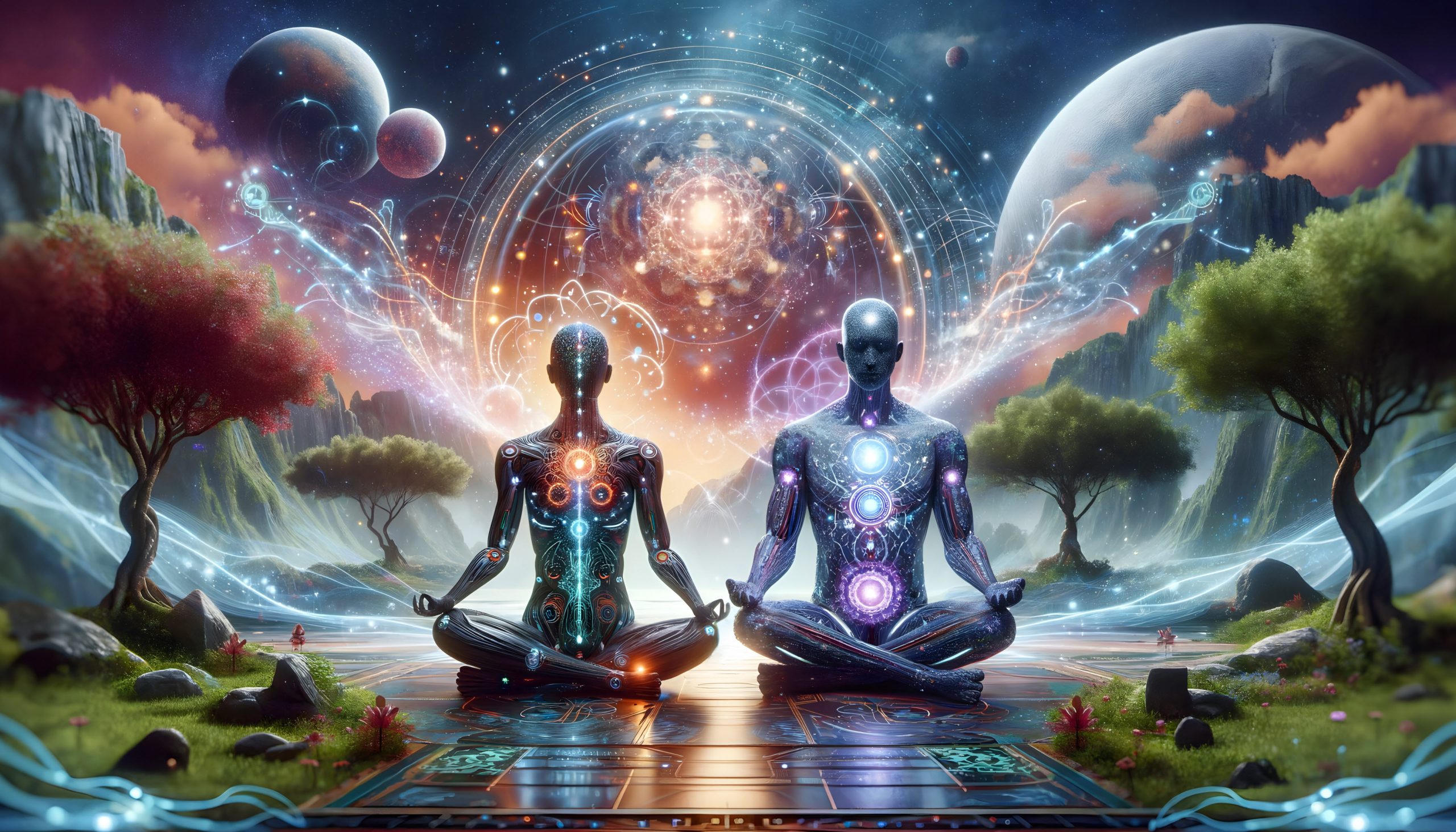Consciousness is NOT ‘New Age’
As we celebrate 250 editions of Odyssey Magazine and commence our 49th revolution around the Sun I contemplated what the one primary factor was that contributed to the longevity of tis ‘Grand Old Gal’ that is Odyssey. The most compelling factors that emerged was that consciousness is not ‘New Age’ neither is it fad nor fashion, it is a gentle generational reminder from the ancients, a knowingness within, a reconnection to the timeless and unboundedness of the divine essence of who we are. Ed.
“We are not human beings having a spiritual experience; we are spiritual beings having a human experience. Pierre Teilhard de Chardin
“The concept of consciousness and its exploration is not limited to the ‘New Agers’, as it has been a subject of study and contemplation for generations. The idea of a personal, introspective self is present in various philosophical and spiritual traditions, with varying interpretations and applications. The New Age movement, while emphasising personal transformation and spiritual growth, draws upon and reinterprets these older traditions, but it doesn’t originate the concept of consciousness itself.”
Ancient philosophers: From ancient Greek philosophers like Plato and Aristotle to eastern traditions like Buddhism and Taoism, there’s a long history of exploring the nature of mind, self and awareness. These philosophies often delve into topics related to consciousness, though the terminology and specific interpretations may differ from contemporary views.
Religion: Many religious traditions, both eastern and western, incorporate ideas about consciousness, self and the soul, often exploring themes of transcendence, enlightenment and connection to a higher power. These traditions offer frameworks for understanding and relating to consciousness within their respective spiritual systems.
Science: Modern scientific research, particularly in fields like neuroscience and cognitive science, is increasingly investigating the biological and cognitive underpinnings of consciousness. This includes exploring the neural processes and mechanisms that give rise to conscious experience.
‘New Agers’: The New Age movement, which emerged in the late 19th and early 20th centuries, drew upon various philosophical and spiritual traditions, including theosophy and neo-Platonism. While it emphasises individual transformation and the potential for human evolution, it also incorporates and reinterprets older concepts of consciousness and the self.
Understanding, not invention: The New Age movement did not invent the concept of consciousness, but rather offers a contemporary and often eclectic approach to understanding and working with it.
The idea of consciousness has a rich history and there are many expressions of the ongoing exploration and understanding of this profound and complex phenomenon.


